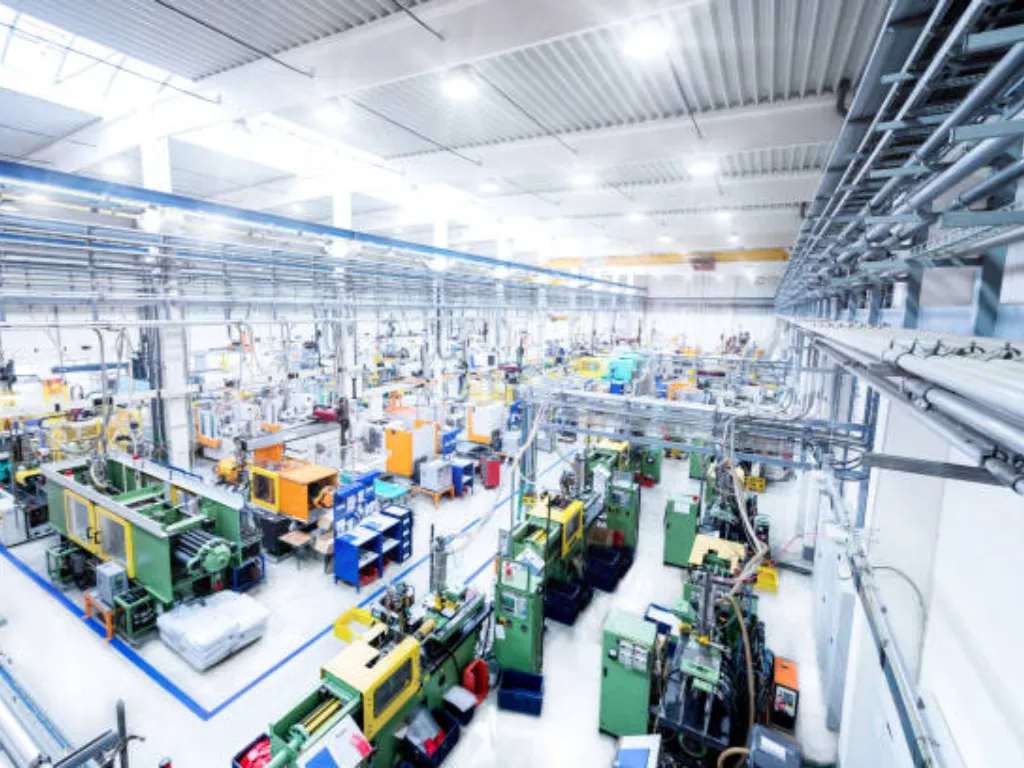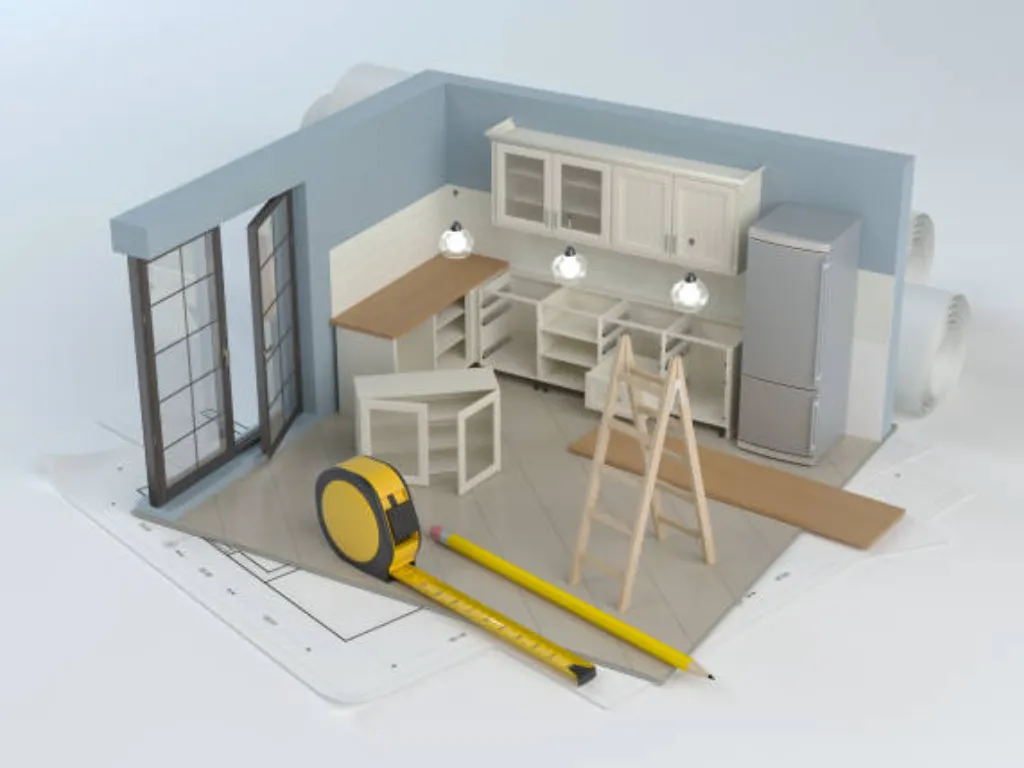Picture this: You’ve just returned from an exciting factory visit in China, your notebook filled with observations, your mind buzzing with possibilities. But here’s the million-dollar question – how do you transform that initial excitement into a rock-solid sourcing partnership?
Post-Visit Evaluation
Successful sourcing isn’t about love at first sight. It’s about careful, strategic assessment that goes far deeper than a single impressive factory tour. Think of it like dating for your business – that first meeting is just the beginning of understanding who your potential partner really is.
First Steps: Organizing Your Insights
Immediately after your visit, create a war room of sorts in your mind (or better yet, on paper). Review your notes while they’re fresh.
What surprised you? What concerns emerged? Those initial gut feelings are more than just impressions – they’re valuable data points. Create a structured debriefing process:
- Review your notes within 24 hours
- Cross-reference your observations with pre-visit research
- Document your immediate impressions, including unexpected discoveries
- Identify initial red flags or standout positive attributes
Quality is King
Quality isn’t just about a perfect sample handed to you during the tour. It’s about consistent, reproducible excellence. How do the products perform over time? Can the factory maintain stringent specifications across multiple production runs?
Imagine you’re a detective, and each production sample is a piece of evidence. Look for:
- Consistency in manufacturing
- Technical performance
- Alignment with international standards
Technical Performance Analysis
- Precise measurement against international standards
- Statistical process control metrics
- Long-term performance projections
- Consistency across production batches
Sample Verification Protocols
- Comprehensive testing of production samples
- Comparative analysis with initial specifications
- Stress testing and durability assessments
- Performance under various environmental conditions
Beyond the Factory Floor: Capabilities That Matter
A great factory is more than just machines and workers. It’s an ecosystem of innovation, adaptability, and technological prowess. Consider their:
- Production infrastructure
- Technological capabilities
- Ability to customize and innovate
- Scalability of operations
Technological Infrastructure Evaluation
A factory’s capabilities extend far beyond its current equipment. Consider:
- Age and maintenance of production machinery
- Technological upgrade potential
- Research and development investments
- Adaptability to custom manufacturing requirements
Innovation and Technical Flexibility
The most valuable partners aren’t just manufacturers – they’re collaborative innovators,especially lighting manufacturers. Assess their:
- Product development capabilities
- Willingness to customize
- Technical problem-solving approach
- Investment in emerging technologies
The Compliance Checklist: More Than Just Paperwork
In today’s global market, compliance isn’t optional – it’s fundamental. Your ideal partner should shine in:
- Ethical labor practices
- Environmental standards
- Intellectual property protection
- Business transparency
Beyond Certifications
A piece of paper doesn’t guarantee ethical operations. Your comprehensive review should include:
Labor Practice Assessment
- Working conditions
- Employee treatment and compensation
- Health and safety standards
- Worker training and development programs
Environmental and Social Responsibility
- Sustainability practices
- Waste management protocols
- Energy efficiency
- Community engagement
Intellectual Property Protection
- Confidentiality mechanisms
- Technology transfer safeguards
- Proprietary design protection strategies
Logistics
Delivery isn’t just about getting products from point A to point B. It’s about reliability, communication, and problem-solving. How quickly do they respond to challenges? Can they meet your lead times consistently?
A great manufacturer must also be a great logistics partner. Evaluate:
- Consistent lead time performance
- Packaging and shipping capabilities
- Communication during logistics challenges
- Flexibility in order fulfillment
- Inventory management sophistication
Looking Beyond the Price Tag
Cost is important, but it’s not everything. A true partnership requires financial stability and transparency. Look beyond the initial quote and understand:
- Total cost of ownership
- Pricing stability
- Financial health of the organization
Communication: The Real Currency of Partnerships
Pay attention to how they communicate after the visit. Are they responsive? Clear? Do they understand your business needs? These soft skills are often more important than technical specifications.
Risk Assessment
No partnership is without risks. The smart sourcing professional doesn’t eliminate risks – they anticipate and manage them. Consider:
- Supply chain vulnerabilities
- Geopolitical considerations
- Technological adaptability
- Market fluctuations
The Comparative Approach
Don’t fall into the trap of tunnel vision. Compare potential partners using a structured matrix. Score them on multiple criteria, giving weight to factors most critical to your business.
Documentation
Create comprehensive evaluation reports. Track performance over time. Develop key performance indicators (KPIs) that matter to your specific business needs.
Making the Call: Partnership or Pass?
Not every factory tour ends in a partnership – and that’s okay. Your decision should be based on a holistic assessment, not just a single impressive moment.
Pro Tip from Asian Sourcing Group
Trust is earned, not given. A great first visit is promising, but consistent performance is what transforms a good supplier into a great partner.
A Final Word of Wisdom
Sourcing from China isn’t about finding a vendor. It’s about building a relationship that grows, adapts, and creates value for both parties.
Ready to Level Up Your Sourcing Game?
Contact us to get our exclusive Factory Partnership Evaluation Toolkit. It’s packed with professional templates, assessment frameworks, and insider tips from years of sourcing experience.







-300x198.png)